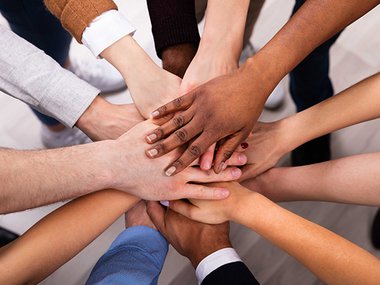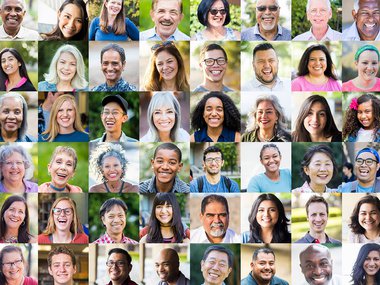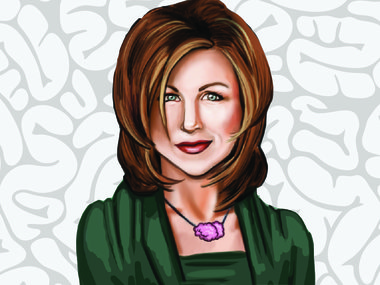These days it seems like we’re not only faced with the routine decisions that predominate our lives, but in addition there are a lot of really important decisions to make about masks, social distancing, vaccines, and more.
There are a variety of cognitive biases and other complicated factors that play a role in how we make decisions, and sometimes we aren’t even aware that they exist. One of these is the optimism bias.
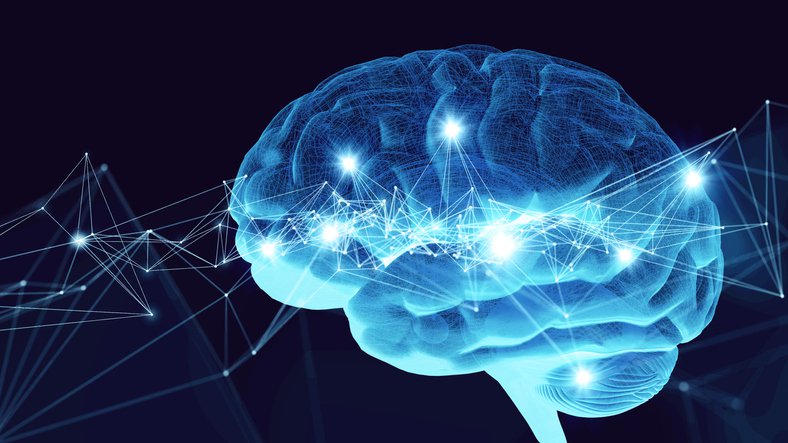
Image credit: Getty Images
Optimism bias is a cognitive bias that causes someone to believe that they are less likely to experience a negative event than is actually realistic and more likely to experience positive events than is actually realistic. For example, we tend to underestimate our risk of cancer, getting divorced, and being in a car accident. And we often overestimate our future success on the job market, how gifted and talented our children will be, and how long we will live. The optimism bias can lead to poor decision making because we’re not worried enough about the risks we’re taking.
So if it leads to bad decisions, why do our brains have the optimism bias in the first place?
It’s there to help us learn and so that we keep going even when things are challenging.
Success only comes after a lot of failure. Think about how many times babies make mistakes as they babble and try to form words. And the average baby learning to walk will fall dozens of times per hour! The human brain keeps us pursuing goals against all odds and to have the perseverance to do that, it selectively codes for the best-case scenarios.
Think about how many times your cat comes running when you open a can in the kitchen. Most of the time it’s something like beans that the cat doesn’t want, or you don’t let the cat eat whatever you have. But that one time a year ago that you dropped a bit of tuna will give her hope for years!
So, how is the optimism bias influencing our daily decisions related to COVID-19 during the pandemic?
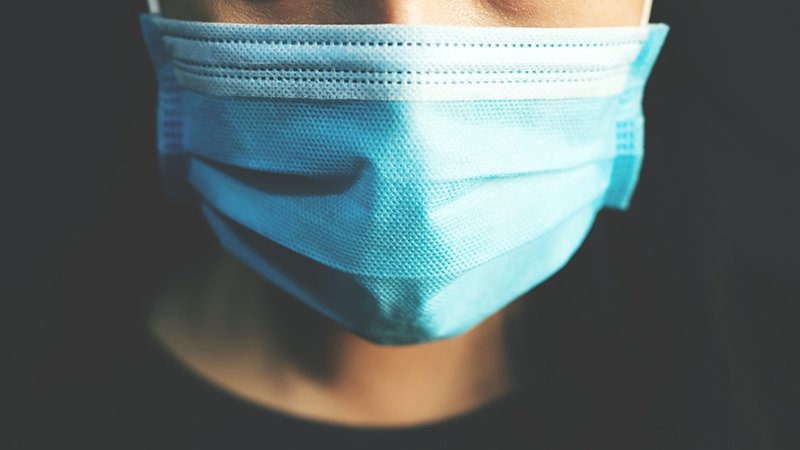
Image Credit: Getty Images
This bias is likely one of the reasons people underestimate their personal risk of infection and fail to practice social distancing measures and good mask-wearing protocols, especially around people they care about. The optimism bias can lead us to unintentionally take bigger risks than we realize, such as thinking that having a birthday party is OK if we just invite extended family. This quirk of our neural and psychological wiring means that we believe that our social community – our best friends and family – can’t possibly pose as much of a health risk as strangers, and yet that is precisely how covid spreads most.
Further, as vaccines begin to roll out and we’re making decisions about getting them, some people may delay getting a vaccine – or even entirely miss out on opportunities – because they underestimate their own risk or the impact that their own vaccination will have on their family and community.
So, how do we overcome the optimism bias to make better decisions?
There are a couple of ways to combat the optimism bias. Research suggests that when we are slightly stressed out we become better at learning from unexpectedly bad outcomes. You’ve probably heard over and over that excessive and prolonged stress is bad for your health – including from the Museum – but regarding the optimism bias, maybe a little bit of stress is good!
When you’re starting something new, that might be the time to listen to your anxious friends (or your anxious inner voice) to help protect you from the optimism bias and make sure you’re thinking through all possible outcomes.
Learning about the optimism bias doesn’t make you immune to its influence, nor does it turn you into a pessimist; rather, it will help you better understand its impact on your decision making while allowing you to remain positive (but more realistic!) about future outcomes. The best way to combat the optimism bias is to balance your hope for the best with planning for the worst.
Need vaccine? Learn how to get your shot at Vaccinate.Virginia.gov or call 1-877-VAX-IN VA. 8am - 8pm. Language translation available TTY users dial 7-1-1.
¿Necesitas vacunarte? Enterate como conseguir tu vacuna Vaccinate.Virginia.gov o llamando al 1-877-829-4682 de 8am a 8pm. Traduccion disponible en tu idioma. Usuarios de TTY pueden marcar al 7-1-1.
